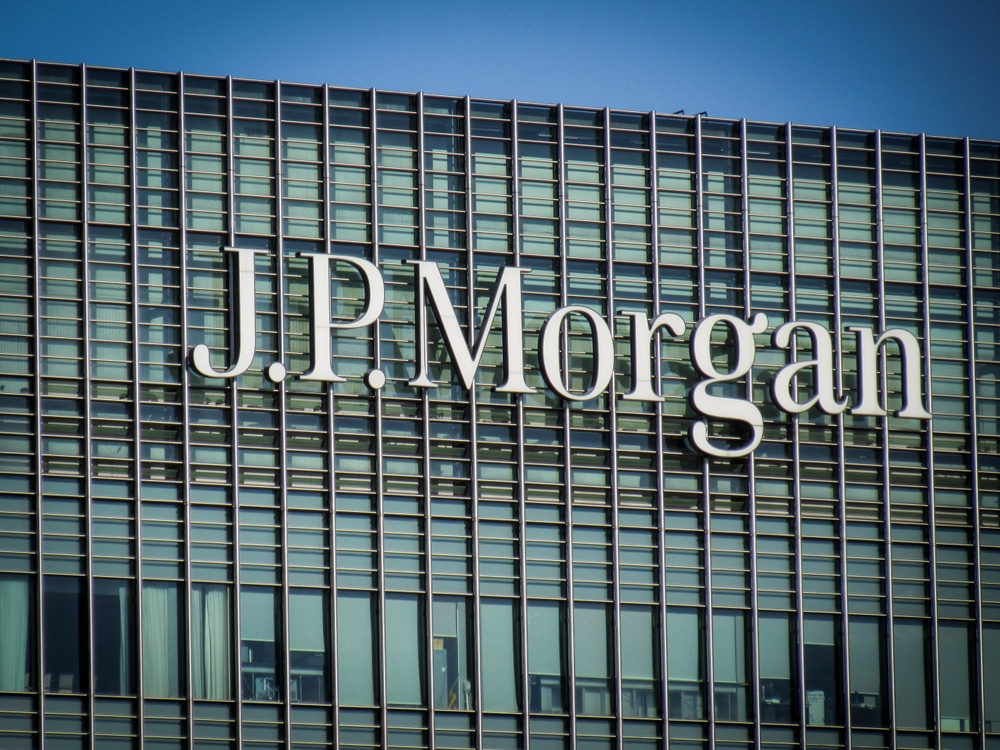JPMorgan Could Have Avoided the Billion-Dollar Cocaine Ship Fiasco

JPMorgan is in the thick of one of the largest drug busts in US history. | Source: Shutterstock
A cargo ship headed for northern Europe was seized in Philadelphia by U.S. law enforcement last month, apparently tipped off to the fact that the ship was carrying 20 tons of cocaine. JPMorgan is involved.
A PR Black Eye for JPMorgan
The owner of the ship is the Switzerland-based Mediterranean Shipping Company. Yet, in a bizarre twist on the concept of “six degrees of separation”, the Mediterranean Shipping Company is holding in a fund run by JPMorgan Chase.
Setting aside jokes about wealthy investment bankers that would have preferred a few samples prior to the cocaine seizure, J.P. Morgan Chase does not actually have any operational control over the vessel.
JPMorgan Chase had no comment on the matter.
It is still a black eye for the massive investment bank, and JPMorgan Chase really should have known better than to invest in Mediterranean Shipping Company, even though it is the second largest shipping company in the world.
Here’s why.
Liberian-Flagged Ships Are A Recipe for Crime
Any company that permits its ships to be “flagged” in the country of Liberia should immediately raise suspicions. JPMorgan Chase was asleep at the wheel.
This is known as a “flag of convenience”, in which a ship’s owners will register a merchant ship in some country other than the country of its owners. Sure, Switzerland may be landlocked, but that doesn’t mean that a ship cannot be flagged there.
International law requires that it should be registered somewhere, and therefore be subject to the laws of that country.
Liberia has long been one of the two most common flags of convenience, the other being Panama. Liberian registry allows shipping owners to avoid the complex rules and regulations of their home country while taking advantage of the substantially deregulated situation in Liberia.
Yet with this deregulation, it should come as no surprise that Liberian-flagged vessels are often used by criminals.
Liberia’s Long History of Corruption
The corrupt dictator and war criminal Charles Taylor was heavily influential in Liberia for more than 10 years, and this was even after he had escaped the United States prison in the mid-1980s.
Taylor was long known for his corruption, and for providing safe haven for diamond smugglers, and war criminals from Sierra Leone during that country’s conflict. He was removed from power in 2003, tried and sentenced to 50 years in prison for war crimes.
While the culture of corruption in Liberia has been substantially repaired, a relatively unregulated shipping registry still makes it much easier to use cargo vessels for criminal activity.
Yet the very fact that Liberian registry is so widespread make insulated from any kind of major crackdown. It isn’t only shipping vessels that fly the library and for, but many cruise lines as well.
In addition, the Liberian government collects about $20 million annually in registration fees. That money is critical to a small nation with few natural resources.
This is the first time a Liberian vessel as carried cocaine. The Colombian Navy seized a much smaller cache of the drug amounting to 40 kilograms in 2014.
Maybe J.P. Morgan Chase should have used blockchain for shipping.